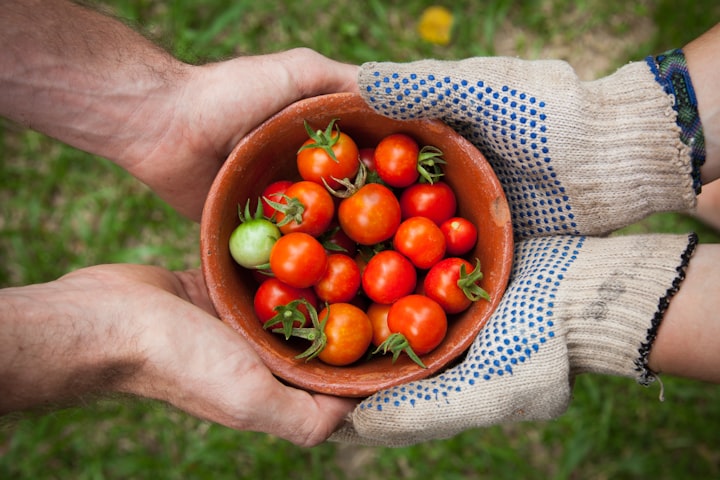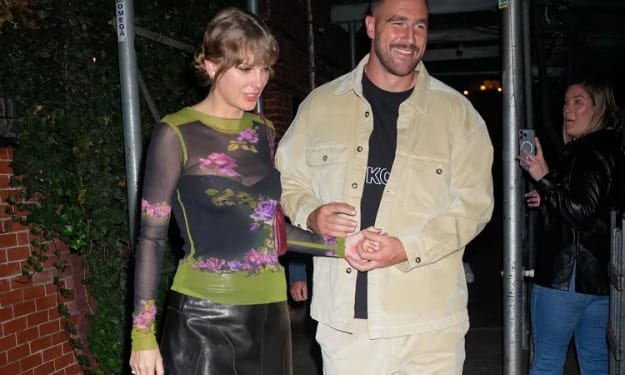Generosity
Humans are pre-programmed to give

Recently, I've been thinking a lot about altruism.
If people exercised benevolence and empathy as a skill, Zaki projected that this propensity would last until the coronavirus pandemic. "I think the length, the sheer duration of this tragedy, the fact that we're all locked in this new normal together," he continued, "gives us the opportunity to form shared ties that could last a very long time."
That could be the case for some folks. To give credit where credit is due, for the majority of the year, the majority of Americans wore masks and stayed at home, foregoing social engagements and normal life to attempt to stop the coronavirus from spreading. Many individuals, however, have not, as proven by the United States' repeated failure to eradicate the virus, as Taiwan, South Korea, Vietnam, Australia, New Zealand, Germany, and a slew of other countries have done, some numerous times.
To be clear, this country's catastrophic failure in the face of the epidemic is the result of a number of reasons, the most of which derive from a lack of clear government instructions and financial backing. When bars and restaurants are open for business, why should consumers believe they are unsafe? How can restaurants close if it means they'll go bankrupt if they don't get any help? When a waiter is sick, how can he or she stay at work if it means they'll be fired?
However, some analysts believe that a lack of empathy, compassion, and personal sacrifice has been one of America's fundamental flaws in this pandemic.
Why am I writing about this now, in a brain newsletter? We've reached the Judeo-Christian season of gifting, and we do so in part because we're a biologically altruistic species. So, when so many people have stopped behaving altruistically in other ways, how come so many people will freely offer money, presents, and services this Christmas season?
Humans are pre-programmed to give. We do it all the time, in great and tiny ways, to strangers and family members alike. It's because we're a social species that relies on one another to survive, which was true 100,000 years ago and is still true now. One argument for why Homo sapiens survived while Neanderthals perished is that we were a more social species, which boosted our chances of finding food, surviving attacks, and reproducing.
The counter-argument to pure altruism is that while donating depletes your resources in the short term, it may boost them in the long run, especially in a time of need. Giving gives the giver a sense of reward right away, which is known as the "warm glow" effect.
Donating money activates the brain's dopamine-rich reward system, particularly the striatum, which lights up when you eat cake, listen to music, or have sex. Several studies have found that both giving and getting money activates the brain's reward system in the same way. However, not everyone is equally generous. People who had a larger burst of activity in the striatum when giving money were more inclined to donate, whereas those who had a smaller burst of activity when receiving money were less likely to share the riches.
When people see the good impact of their gift, they feel even better about themselves. Consider how happy you are when you see your loved one's face light up as they open the ideal gift. When you stay at home for the 276th day in a row while the pandemic continues, there are no more warm and cozy sentiments. No one thanks you for your sacrifice; in fact, we scarcely acknowledge doctors and nurses these days.
So, if your altruism has depleted all of its rewards, what are you left with? Frustration, resentment, and a lack of belief that your contribution is meaningful.
I'd like to express my gratitude. Thank you for wearing a mask, staying at home, and prioritizing the health of others before your personal wishes. (However, keep in mind that by doing so, you also safeguarded your own life - as I already stated, kindness is never fully selfless!)
If you can, donate to charitable organizations this holiday season. To brighten a friend's or family member's day, send a note of gratitude. Also, please know that your efforts are not in vain or unappreciated.





Comments
There are no comments for this story
Be the first to respond and start the conversation.